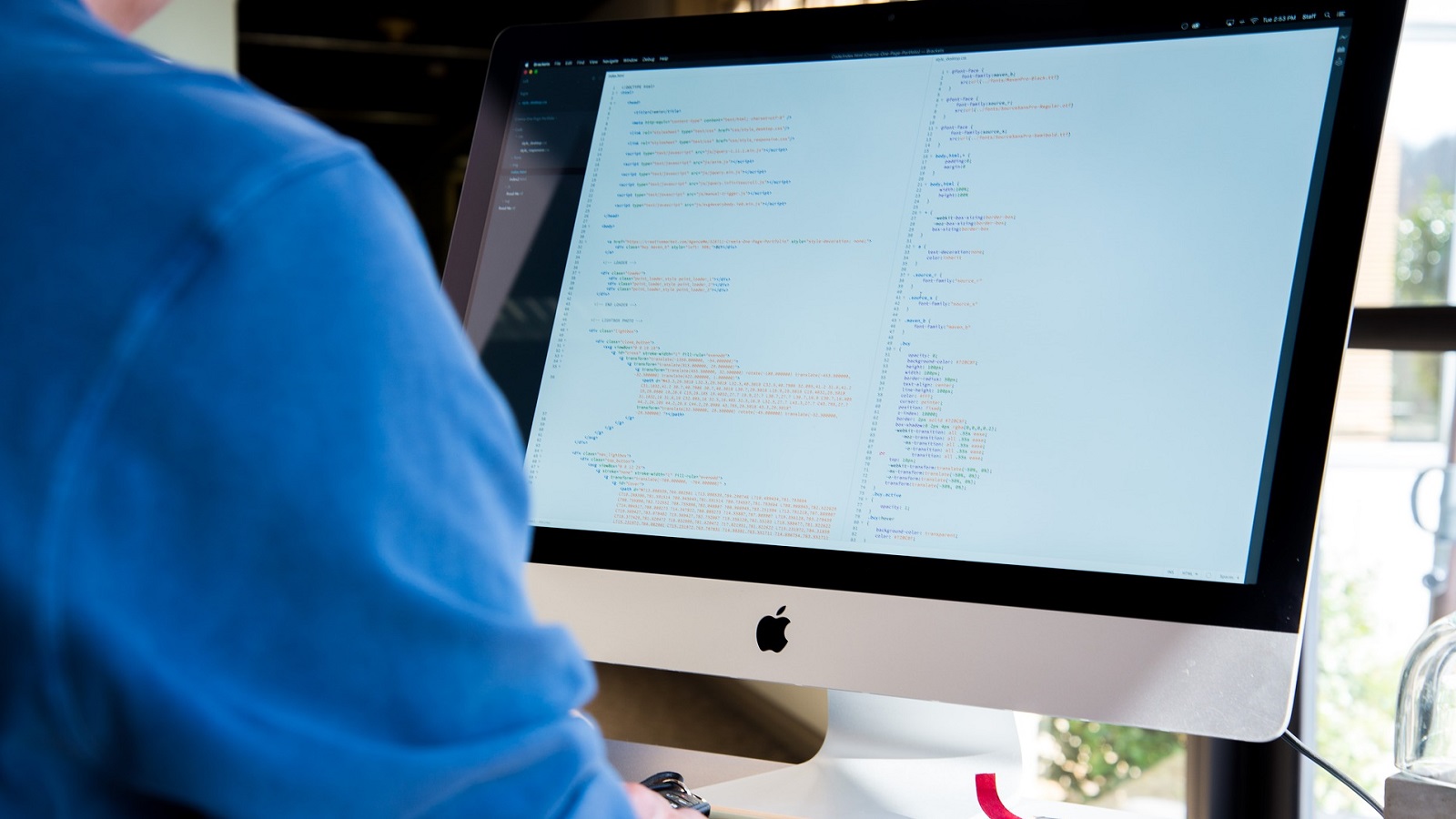
A data scientist is a professional specialized in data. As data is considered “the oil of the 21st century”, it is expected that this role will be one of the most demanded in the current labor market. Although recently created, the data scientist role is already on top of a series of tasks, among which are the data collection, analysis and interpretation. Many coding bootcamps provide this career path so if you’ve decided to become a data science engineer, do check Coding Dojo Reviews to understand if you like the role.
The division of the data analysis process has led to more and more tasks being added to this type of professional, so the role is specializing. Today, there are data science courses on the market where you can choose the area that you like the most or where your training fits: physicists, scientists, mathematicians, computer scientists …
Data science specialties
In the data specialist sector there are different areas where professionals work with information, at different levels. These are some of the subdivisions of this specialty:
- Data Engineer, in charge of designing and building the data repositories or warehouses, in addition to defining the process to rescue and transform the raw stored information. These tools are put at the service of data science, which is who puts the models into production. The tasks of the data engineer are the most similar to computing, therefore they must know how to interpret algorithms and efficient data structures, as well as databases, among others.
- Machine Learning Scientist. These professionals are in charge of researching and improving analysis systems capable of learning (Machine Learning, ML). They are algorithms that can find patterns, trends or rules in the data that explain its behavior. At the same time, the machines learn to forecast future patterns. These professionals use mathematics and statistics.
- Business Intelligence (BI) Professional. They are people in charge of collecting, cleaning and transforming corporate data that is stored in various sources. The final objective is to turn it into useful information for decision-making, in the form of KPIs, dashboards, reports, etc … that give ideas of how the company is doing and how to optimize its immediate future.
- Data analyst or data analystst. They are the professionals who are in charge of the processing and management of the relevant information. They also perform statistical analyzes to identify patterns, correlations, or trends. A data analyst must be able to interpret and explain data in reports, making it easy for the rest of the team to understand. The purpose is for those responsible for the business to make the best decisions for the company, anticipating possible trends or preventing major errors.
Definitely, the profession of data science It has evolved over the years and with the importance that data have acquired for the business. At the same time that companies have been aware of the weight of their data to make better decisions, specialists in this matter have also left diversifying. Today it is possible to find courses on the market that train you in some of the data specialist areas. The market needs these professionals from now on.



